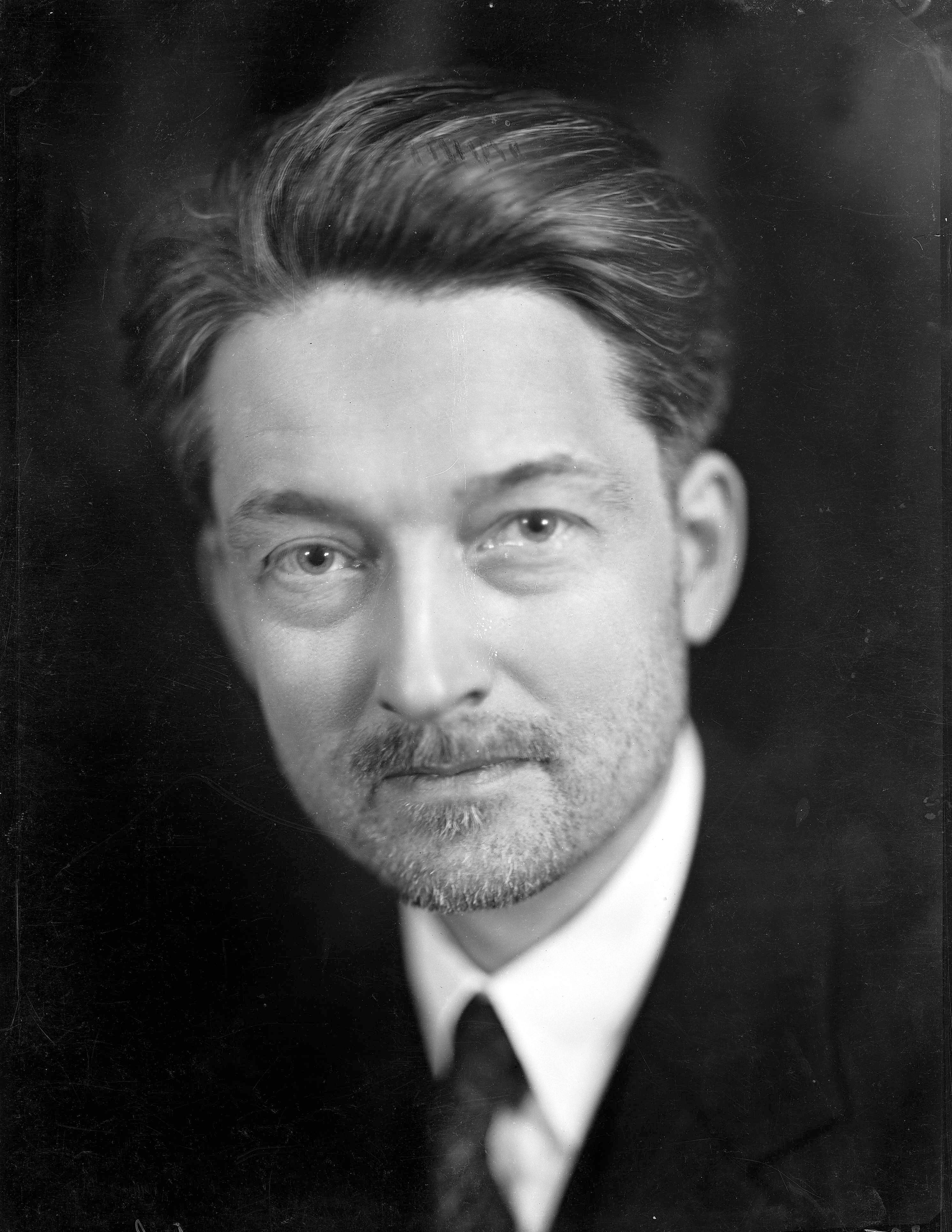“What we need is not truths that serve us but a truth we may serve.”
Source: Degrees of Knowledge (1932, Notre Dame Translation), p. 4.
Jacques Maritain was a French Catholic philosopher. Raised Protestant, he was agnostic before converting to Catholicism in 1906. An author of more than 60 books, he helped to revive Thomas Aquinas for modern times, and was influential in the development and drafting of the Universal Declaration of Human Rights. Pope Paul VI presented his "Message to Men of Thought and of Science" at the close of Vatican II to Maritain, his long-time friend and mentor. The same pope had seriously considered making him a lay Cardinal, but Maritain rejected it. Maritain's interest and works spanned many aspects of philosophy, including aesthetics, political theory, philosophy of science, metaphysics, the nature of education, liturgy and ecclesiology. Wikipedia

“What we need is not truths that serve us but a truth we may serve.”
Source: Degrees of Knowledge (1932, Notre Dame Translation), p. 4.
Source: Existence & the Existent
Source: An Introduction to Philosophy
Scholasticism and Politics (1940)
The Rights of Man (1945). London: Geoffrey Bles, pp. 7–8.
The Range of Reason (1952), p. 109.
The Peasant of the Garonne (1968), p. 94.
Theonas: Conversations of a Sage (1921). Sheed & Ward, 1933, p. 9.
“Action: the Perfection of Human Life,” Sewanee Review, LVI (Winter, 1948), pp. 3-4.
The Peasant of the Garonne (1968), p. 91.
“Things are opaque to us, and we are opaque to ourselves.”
Degrees of Knowledge (1932, Notre Dame Translation), p. 117.
“The equality of rights of all citizens is the basic tenet of modern democratic societies.”
Man and the State (1951), p. 179.
“Nothing is more vain than to seek to unite men by a philosophic minimum.”
Integral Humanism, (1936, Notre Dame Edition), p. 262.
“To be free is of the essence of every intellectual being.”
Freedom in the Modern World, (1933, Notre Dame Edition), p. 6.
The Range of Reason (1952). New York: Charles Scribner's Sons, p. 106.
Integral Humanism, (1936, Notre Dame Edition), p. 154.
The Peasant of the Garonne (1968), pp. 147-148.
Science and Wisdom (1954), p. 109.
Christianity and Democracy (1943), p. 49.
Theonas: Conversations of a Sage (1921). Sheed & Ward, 1933, p. 77.
“The supernatural light of the spirit is the only night from which the spirit can emerge alive.”
Ransoming the Time (1941), p. 288.
“In each of us there dwells a mystery, and that mystery is the human personality.”
The Rights of Man and Natural Law (1943), p. 2.
An Essay on Christian Philosophy (1955), p. 17.
The Twilight of Civilization (1939). London: Sheed & Ward, 1946, p. 41.
True Humanism (1938), p. xi.
“A community of free men cannot exist if its spiritual base is not solely law.”
Christianity and Democracy (1943), p. 43.
Degrees of Knowledge (1932, Notre Dame Translation), p. 116.
The Range of Reason (1952), p. 217.
“There is room neither for the poet nor for the contemplator in an egalitarian world.”
Ransoming the Time (1941), p. 14.
“The act of philosophizing involves the character of the philosopher.”
Science and Wisdom (1954), p. 207.
On the Use of Philosophy (1961), p. 5.